In a fiery political statement that has reignited the ongoing debate over citizenship and identity documentation in India, West Bengal Chief Minister Mamata Banerjee has accused the Election Commission of India (ECI) of covertly laying the groundwork for the implementation of the National Register of Citizens (NRC) in the state. Banerjee alleged that a new initiative under the name SIR (Special Information Revision) is a veiled attempt to identify and target certain communities ahead of upcoming elections.
Addressing a gathering in North Bengal, the Trinamool Congress (TMC) supremo voiced deep suspicion over the motives of the Election Commission, linking the SIR with the long-criticised NRC and the Citizenship Amendment Act (CAA). She declared that her government would not allow NRC or CAA to be implemented in West Bengal, reiterating her commitment to “protect every resident irrespective of religion, caste, or language.”
What Is SIR and Why Is It Controversial?
The term Special Information Revision (SIR) reportedly refers to a new voter list verification process proposed by the Election Commission to update the electoral rolls. While officially positioned as a routine exercise to weed out fake or duplicate entries, Mamata Banerjee claims it is being used as a tool for selective disenfranchisement.
According to Banerjee, SIR is not a transparent or publicly mandated initiative but a covert operation targeting marginalised communities, religious minorities, and those with historical documentation issues.
She emphasized, “Under the garb of SIR, they are collecting documents and personal data, not to clean the voter list, but to prepare the ground for NRC in Bengal. This is unacceptable and we will resist it at all levels.”
Political Reactions and War of Words
Banerjee’s statement triggered immediate reactions from rival political camps. The Bharatiya Janata Party (BJP), which has long been advocating for NRC across India, dismissed the claims as “fearmongering” and “false propaganda.”
BJP’s Bengal leaders argued that Mamata is attempting to polarize the issue ahead of the 2026 state elections and is diverting attention from governance failures and rising crime.
Union Home Ministry officials, while not directly commenting on Banerjee’s remarks, have maintained in previous statements that NRC remains a policy decision and would be implemented based on national consensus and legal mandates.
Ground-Level Impact: Tension Among Citizens
The renewed talk of NRC and documentation drives has sparked fear in border districts like Cooch Behar, Malda, Murshidabad, and Nadia, where many families—especially those with a history of migration—lack formal birth certificates, land ownership documents, or continuous proof of residence.
Local NGOs have reported a surge in people queuing up for duplicate ration cards, Aadhaar updates, and voter ID rectifications, fearing future exclusion. In 2019, when NRC was implemented in Assam, nearly 1.9 million people were left out of the final list, leading to long legal battles and detention fears.
Timeline of NRC and Related Political Developments
| Year | Event | Impact |
|---|---|---|
| 2003 | NRC provision introduced under Citizenship Rules | First legal mention of NRC |
| 2010 | Pilot project launched in Assam | Led to massive protests |
| 2019 | NRC final list released in Assam | 1.9 million people excluded |
| 2020 | CAA passed in Parliament | Sparks nationwide protests |
| 2023 | West Bengal passes resolution against CAA/NRC | Political consolidation against NRC |
| 2025 | Mamata raises alarm over SIR in Bengal | Fresh political confrontation |
Analysis: The Strategic Timing of Banerjee’s Allegation
Political analysts suggest that Mamata Banerjee’s timing is not coincidental. With municipal elections in West Bengal expected later this year and the 2026 Assembly elections drawing closer, her accusation against the Election Commission appears to serve dual purposes:
- Reassert TMC’s role as protector of minority and marginalised communities
- Corner BJP on an issue that remains deeply controversial in Bengal
Furthermore, her comments may also be intended to mobilize the rural electorate, where documentation issues are more prevalent and anxiety over NRC is highest.
Electoral Data and Minority Demographics
| District | Minority Population (%) | Previous TMC Vote Share (%) | BJP Vote Share (2021 Assembly) |
|---|---|---|---|
| Murshidabad | 66% | 48% | 22% |
| Malda | 51% | 42% | 25% |
| Nadia | 30% | 55% | 33% |
| Cooch Behar | 28% | 38% | 40% |
| North 24 Parganas | 32% | 58% | 29% |
The above data indicates that districts with higher minority populations are politically critical for the TMC. Any panic around NRC could potentially galvanize votes in favour of Banerjee’s party.
Opposition’s Counter-Narrative
The BJP, meanwhile, has maintained that NRC and voter list revision are tools for national security and electoral integrity. BJP spokespersons in Bengal claim that illegal migration from Bangladesh continues to be a problem and that identifying genuine citizens is essential.
Senior BJP leader Suvendu Adhikari accused Banerjee of playing vote-bank politics and said, “If you have nothing to hide, why oppose a simple verification process? Are you protecting infiltrators?”
He further alleged that Mamata’s protest is “designed to create confusion and delay critical voter list updates ahead of elections.”
Constitutional and Legal Lens
Legal experts have a mixed view on the matter. While voter list revision is the Election Commission’s constitutional responsibility under Article 324, the linking of such revisions to NRC preparations lacks legal clarity.
Advocate Arundhati Ghosh, a constitutional law expert, noted, “Unless the Union government formally notifies an NRC process in West Bengal, any linkage is speculative. However, the absence of transparency in new processes like SIR is concerning.”
She added that public confidence must be maintained in electoral procedures, and the Election Commission must ensure non-discriminatory execution.
Mamata’s Next Steps
Mamata Banerjee has announced that her government will:
- Seek a formal explanation from the Election Commission about the SIR process
- Urge the West Bengal State Election Commission to halt any data collection not mandated by law
- Organize mass awareness drives to inform people of their rights and documents
- Challenge any unlawful document collection in court if necessary
She has also called on opposition parties like the Congress and Left Front to join hands in resisting any attempt to impose NRC.
Conclusion
As the political landscape in West Bengal heats up once again, Mamata Banerjee’s accusation against the Election Commission has added a new layer of complexity. While the Election Commission has not officially responded to the claim, the controversy has already begun to affect voter sentiment and public discourse in the state.
Whether SIR is a harmless electoral update or a covert push towards NRC implementation will depend on both transparency from authorities and vigilance from the public. One thing is certain—the battle over identity, documentation, and democracy is far from over in West Bengal.
Disclaimer:
This news article is intended purely for informational and journalistic purposes. It does not offer legal or political advice. Readers are encouraged to verify facts from official government notifications and consult legal experts for clarification on documentation or electoral rights.





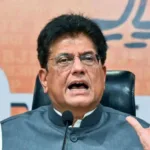
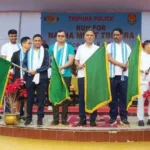
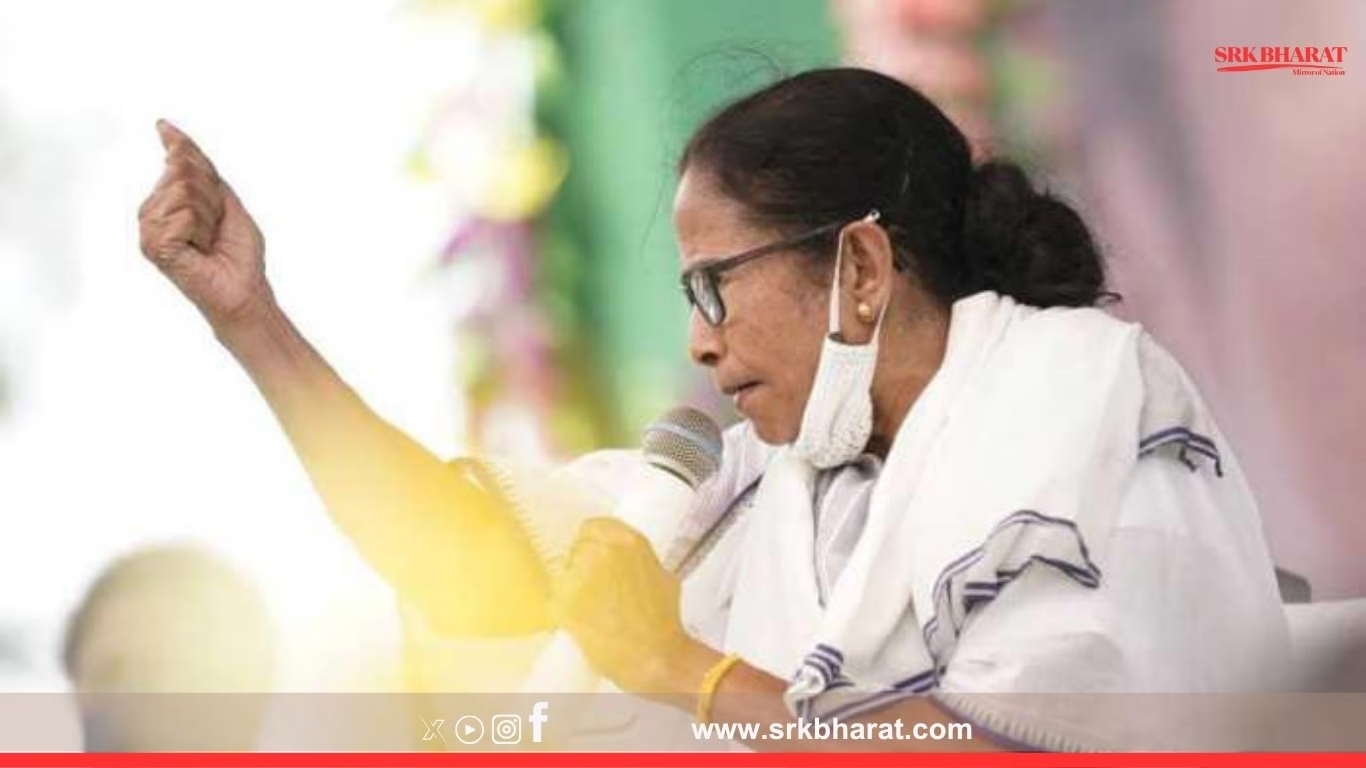
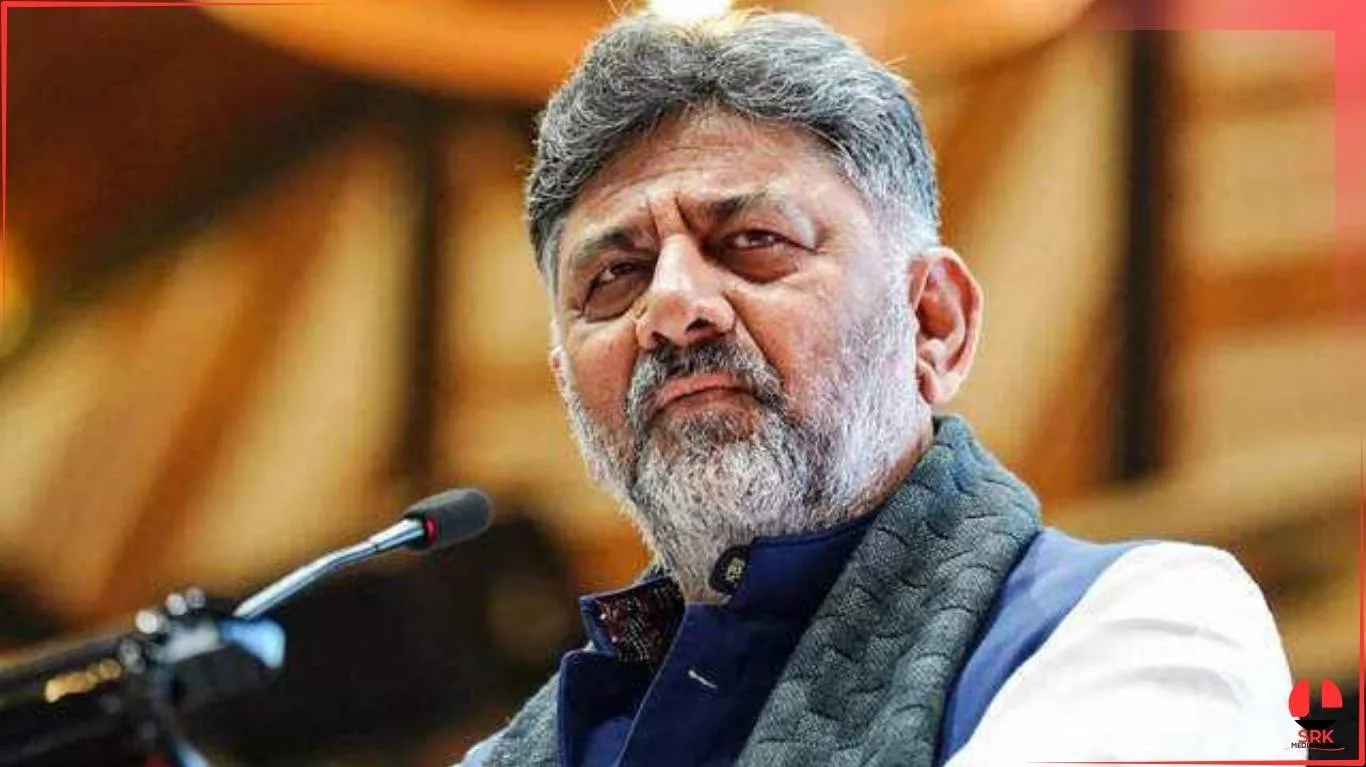
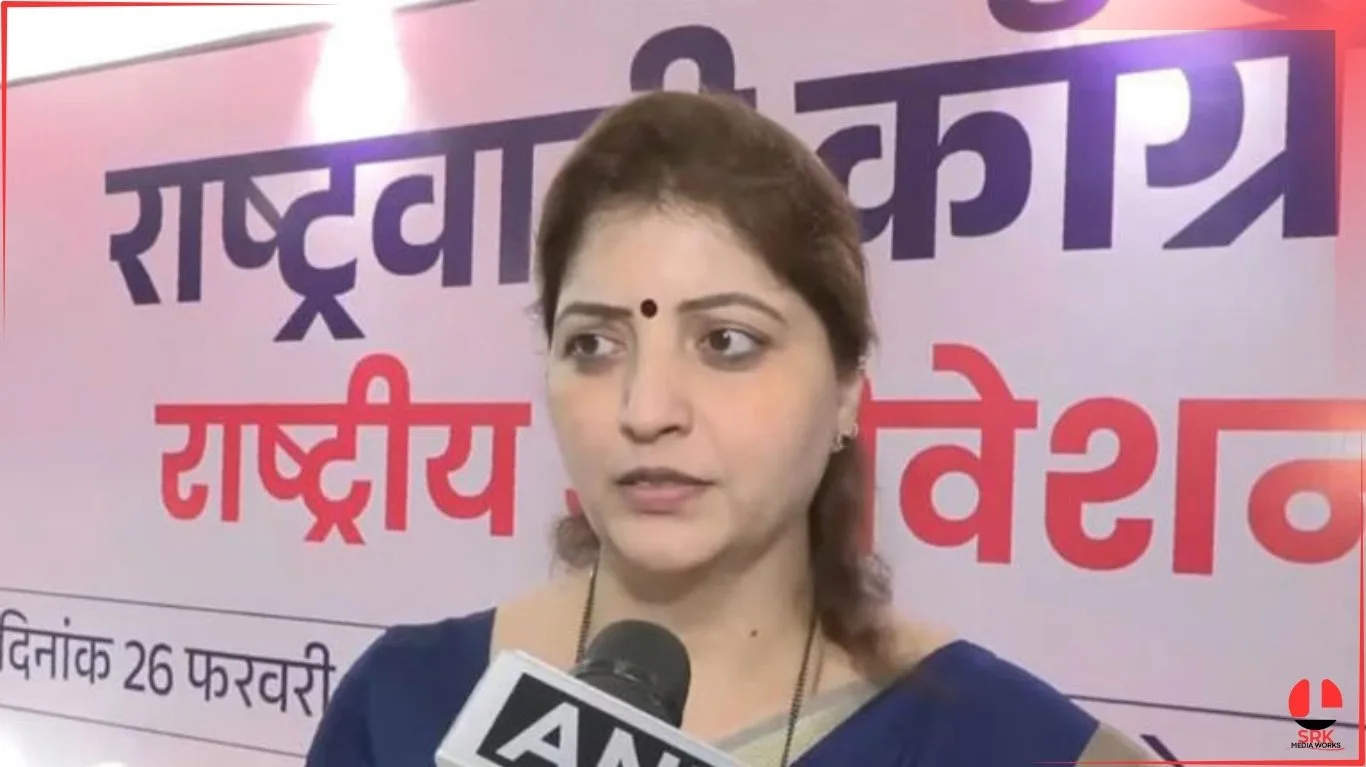
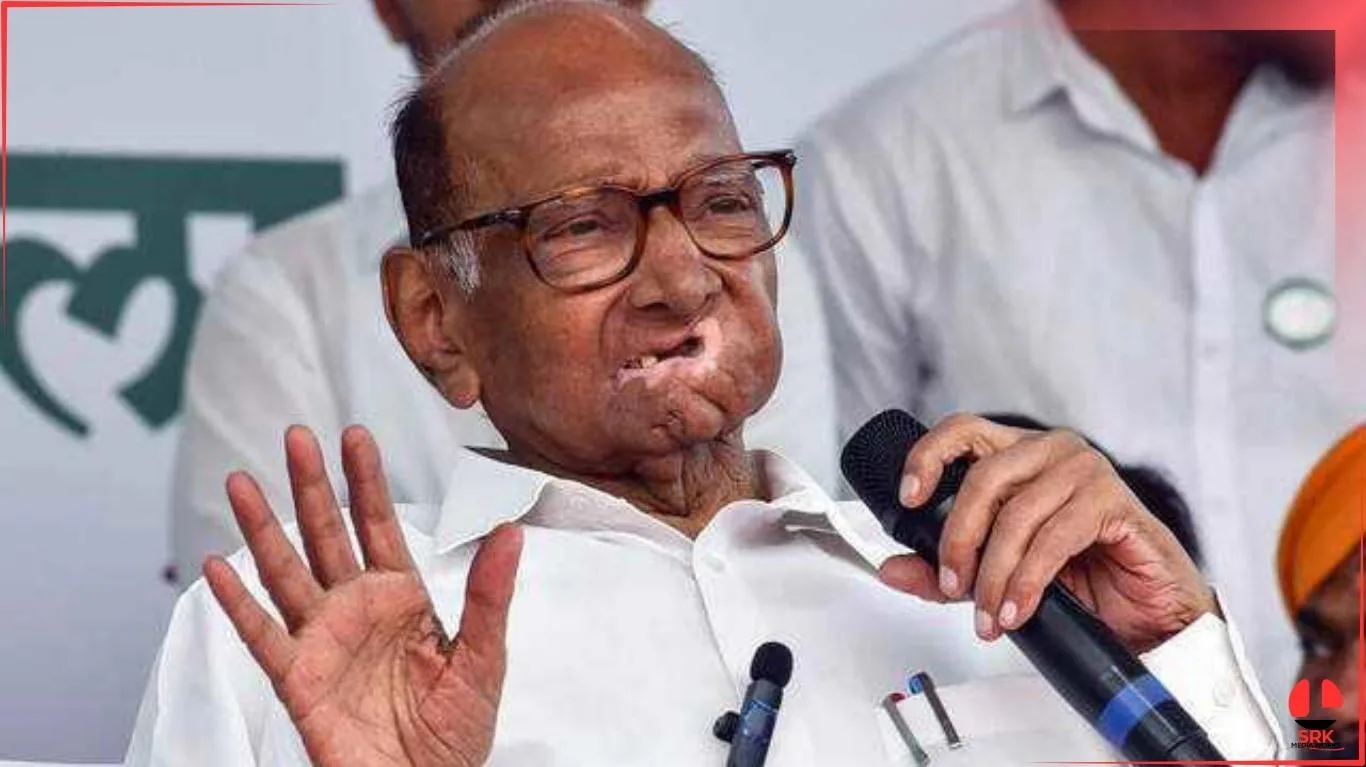
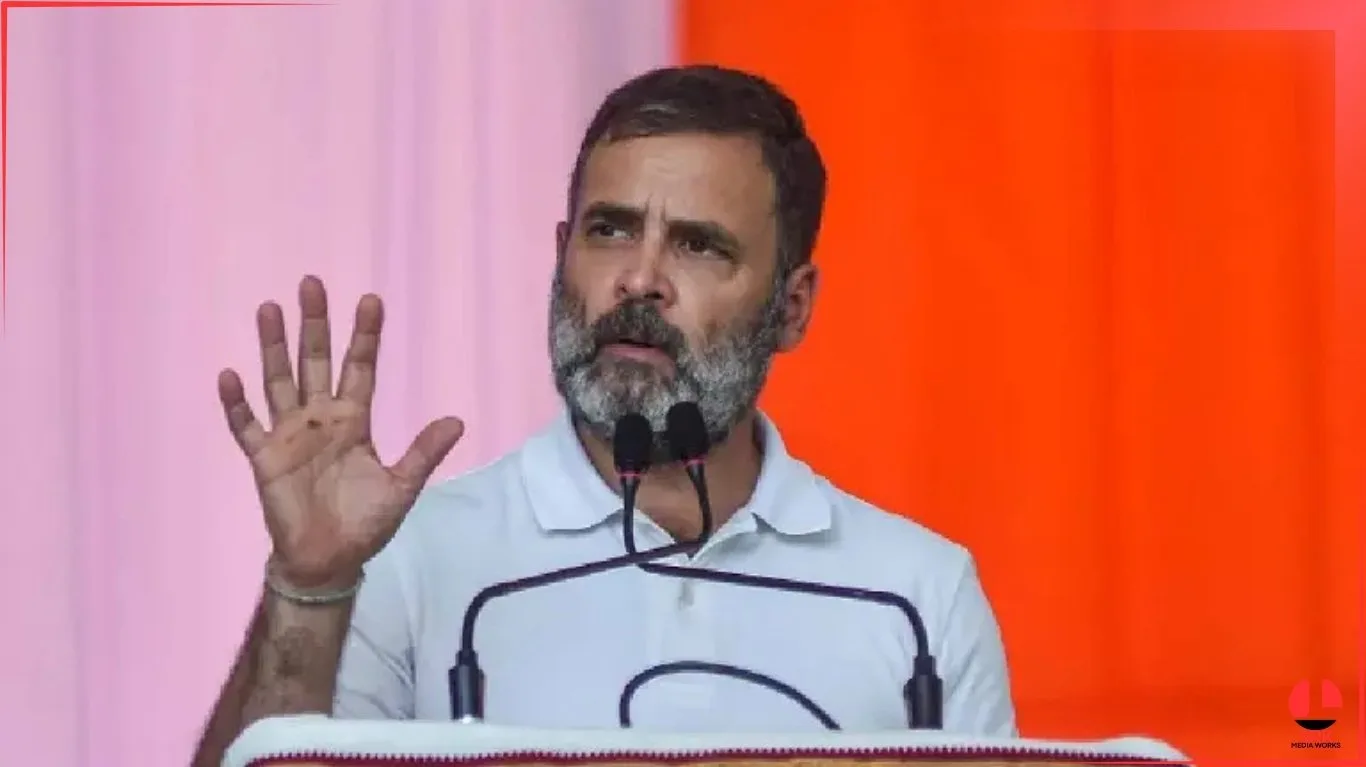
наркология в москве narkologicheskaya-klinika-23.ru .
1xbet tr 1xbet tr .
рулонная штора автоматическая http://www.rulonnye-shtory-s-elektroprivodom7.ru .
1 x bet giri? 1xbet-giris-4.com .
перепланировка квартир перепланировка квартир .
hawai jahaj ka game aviator-game-predict.com .
meta trader 5 download http://metatrader-5-mac.com/ .
forex metatrader 5 http://metatrader-5-downloads.com .
курсовой проект купить цена курсовой проект купить цена .
автоматические карнизы http://www.prokarniz36.ru .
карнизы с электроприводом купить elektrokarniz2.ru .
рулонные шторы на окна купить рулонные шторы на окна купить .
рулонные шторы в москве рулонные шторы в москве .
ремонт подвала в частном доме gidroizolyacziya-podvala-iznutri-czena.ru .
гидроизоляция подвала гаража [url=http://gidroizolyacziya-podvala-iznutri-czena.ru]гидроизоляция подвала гаража[/url] .
инъекционная гидроизоляция санкт?петербург [url=https://inekczionnaya-gidroizolyacziya.ru]https://inekczionnaya-gidroizolyacziya.ru[/url] .
pin up slot o‘yinlari pin up slot o‘yinlari
pin up bonus aktivatsiya pinup5010.ru
pin up parol tiklash https://www.pinup5011.ru
пин ап живое казино http://www.pinup5012.ru
пин ап играть в демо авиатор пин ап играть в демо авиатор
pin up xavfsizmi pinup5014.ru
1 вин бонус при регистрации без депозита https://1win5522.ru